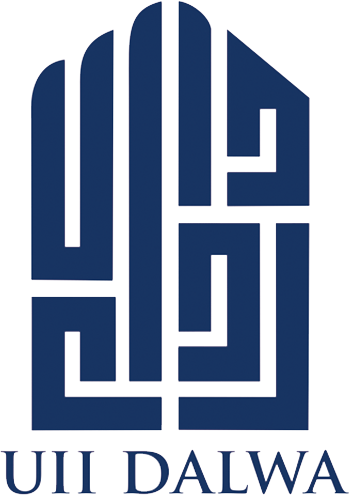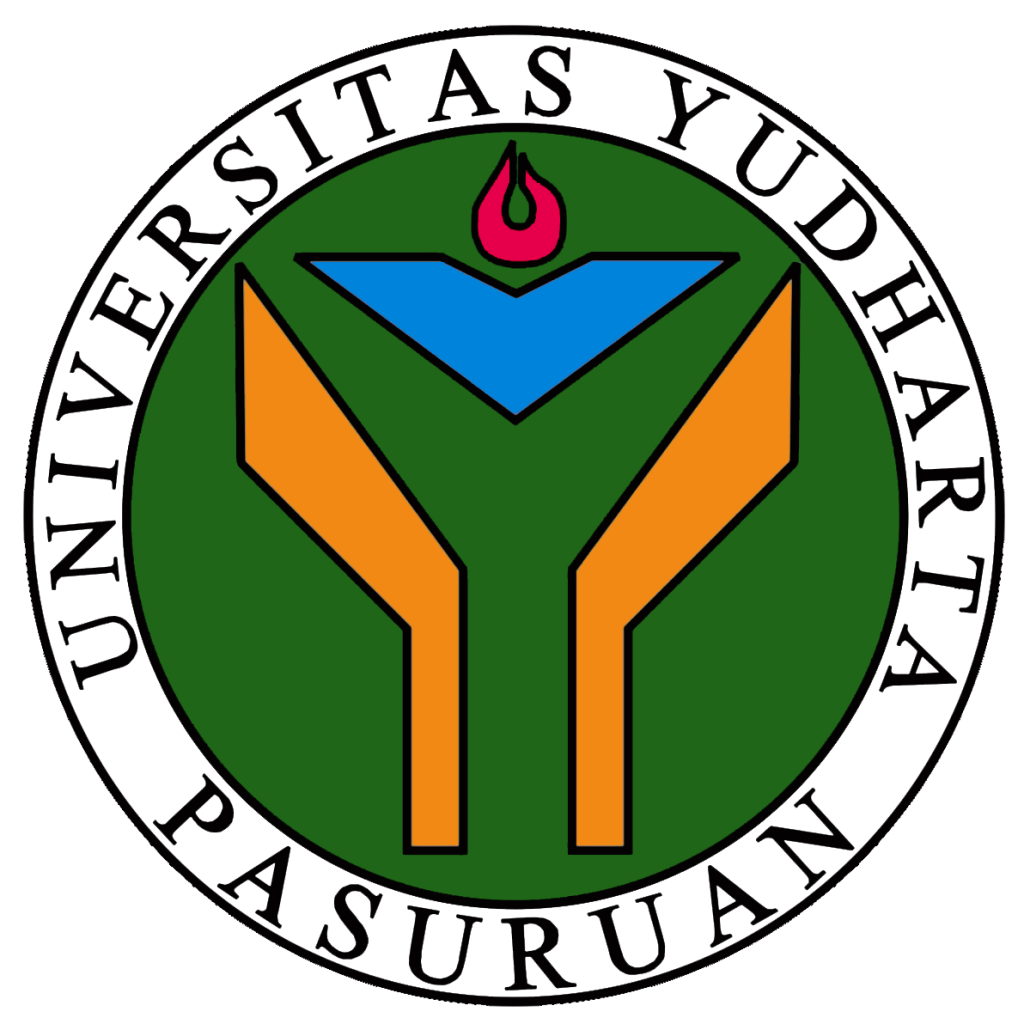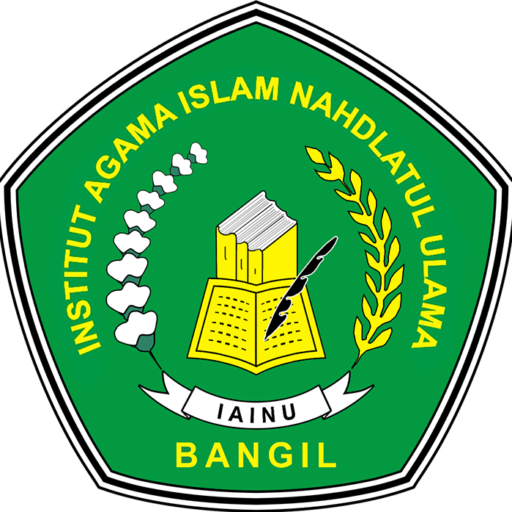Leadership in the Perspective of Multicultural Islamic Education
Keywords:
Student Character, Psychosocial Well-being, Islamic Education, Multicultural, Servant LeadershipAbstract
This research investigates the implementation of servant leadership in multicultural Islamic education, focusing on its impact on students' character, psychosocial well- being, and teaching quality. Through a comprehensive literature review, the study analyzes various aspects of servant leadership and its contributions to Islamic educational institutions amidst cultural and religious diversity. Literature findings reveal that servant leadership has positive implications in shaping students' Islamic identity, creating an inclusive environment, and providing psychosocial support. The concept also empowers teachers, especially female educators, through responsibility delegation and professional development. However, challenges such as organizational cultural changes and resistance to new leadership models may arise. The discussion of literature findings illustrates the contribution of servant leadership in overcoming these challenges and provides recommendations for further implementation. Leadership training, the development of an inclusive organizational culture, and active participation of parents and the community are proposed as key strategies. This research contributes to understanding the servant leadership concept in the context of multicultural Islamic education and offers practical guidance for educational institutions wishing to implement these principles. Through the application of servant leadership, it is anticipated that Islamic educational institutions can have a greater positive impact in shaping a morally upright, culturally responsive, and high-quality generation.
References
Ahmad, M. (2019). Servant Leadership in Islamic Perspective. International Journal of Management, Accounting, and Economics, 6(7), 525-533. DOI: 10.36006/ijmae.6.7.525-533.
Ali, N. (2022). Servant Leadership and Conflict Resolution in Islamic Educational Institutions. International Journal of Conflict Resolution and Mediation, 3(1), 89-103. DOI: 10.24963/ijcram.3108.
Arifin, M. (2020). Institutional Social Responsibility through Servant Leadership in Multicultural Islamic Schools. Journal of Educational Social Responsibility, 2(1), 45-58. DOI: 10.25105/jesr.v2i1.3822.
Aziz, R. (2020). Impact of Servant Leadership on Students’ Character Building: A Case Study of Islamic Schools. International Journal of Educational Management and Leadership, 8(2), 157-170. DOI: 10.23887/ijeml.v8i2.23348.
Fatimah, N. (2021). Empowering Teachers through Servant Leadership: A Case Study of Islamic Schools. Journal of Educational Leadership and Management, 9(2), 215-228. DOI: 10.33422/jelm.v9i2.3571.
Fauzi, Fathul, Abdullah, Onik Zakiyyah, dkk,. (2023). Peran Humas dalam Membentuk Opini Publik di Madrasah Aliyah Bilingual Junwangi, Kariman: Jurnal Pendidikan Keislaman, 11 (2). 179-196. DOI: 10.52185/kariman.v11i2.331.
Firdaus, H. (2019). Servant Leadership and the Formation of Islamic Identity among Students in Multicultural Settings. Journal of Islamic Education Studies, 7(2), 145-160. DOI: 10.15642/jki.2019.7.2.145-160.
Karim, A. (2023). Developing Collaborative Leadership in Multicultural Islamic Schools: A Servant Leadership Approach. Journal of Educational Leadership in Multicultural Contexts, 11(3), 278-292. DOI: 10.21515/edulead.2023.113.172.
Malik, A. (2018). Servant Leadership and Islamic Values: A Synergistic Approach. Educational Management Administration & Leadership, 46(6), 910- 926. DOI: 10.1177/1741143217702722.
Pratama, B. (2018). Enhancing Teaching Quality through Servant Leadership in Multicultural Islamic Schools. Journal of Educational Leadership and Management, 6(1), 72-85. DOI: 10.33422/jelm.v6i1.711.
Rahman, S. (2019). Fostering Intercultural Dialogue through Servant Leadership in Islamic Schools. Journal of Islamic Education and Research, 5(1), 41-56. DOI: 10.22515/jier.v5i1.1127.
Safitri, A. (2022). Empowering Female Teachers through Servant Leadership: A Case Study in Multicultural Islamic Schools. International Journal of Gender and Women's Studies, 10(2), 178-192. DOI: 10.15640/ijgws.v10n2a15.
Sulaiman, R. (2021). Psychosocial Support in Multicultural Islamic Schools: The Role of Servant Leadership. Journal of Multicultural Counseling and Development, 49(3), 234-247. DOI: 10.1002/jmcd.12263.
Yusuf, A. (2021). Integrating Local and Global Values in Servant Leadership: A Case Study of Islamic Schools. Journal of Multicultural Education, 9(2), 148- 163. DOI: 10.1177/20571749211026103.
Zakiyyah, Onik, and Imamatus Solehah. (2022). Strategi Peningkatan Disiplin Belajar pada Siswa Madrasah Aliyah Al-Azhary. Journal Of Early Childhood And Islamic Education 1 (1). 65-76, DOI: 10.62005/joecie.v1i2.29.
Zakiyyah, Onik. (2023). Pendidikan Agama bagi Anak melalui Metode Bercerita di TK Roudlotus Shibyan Plosobuden Deket Lamongan. Journal Of Early Childhood And Islamic Education 1 (2). 77-91, DOI: 10.62005/joecie.v1i2.29.
Zakiyyah, Onik, and Abdullah Abdullah. (2022). Supervisi Klinis Pengawas Dalam Meningkatkan Kinerja Guru di SMP Jati Agung Wage Kecamatan Taman Sidoarjo AL-ALLAM 3 (2). 72-81
Downloads
Published
Issue
Section
License
Copyright (c) 2024 Onik Zakiyyah, Moch Zakki Mubarok, Abdullah Abdullah, Niswatin Niswatin, Anny Wahyu, Akhmad Fauzi Hamzah

This work is licensed under a Creative Commons Attribution-ShareAlike 4.0 International License.



